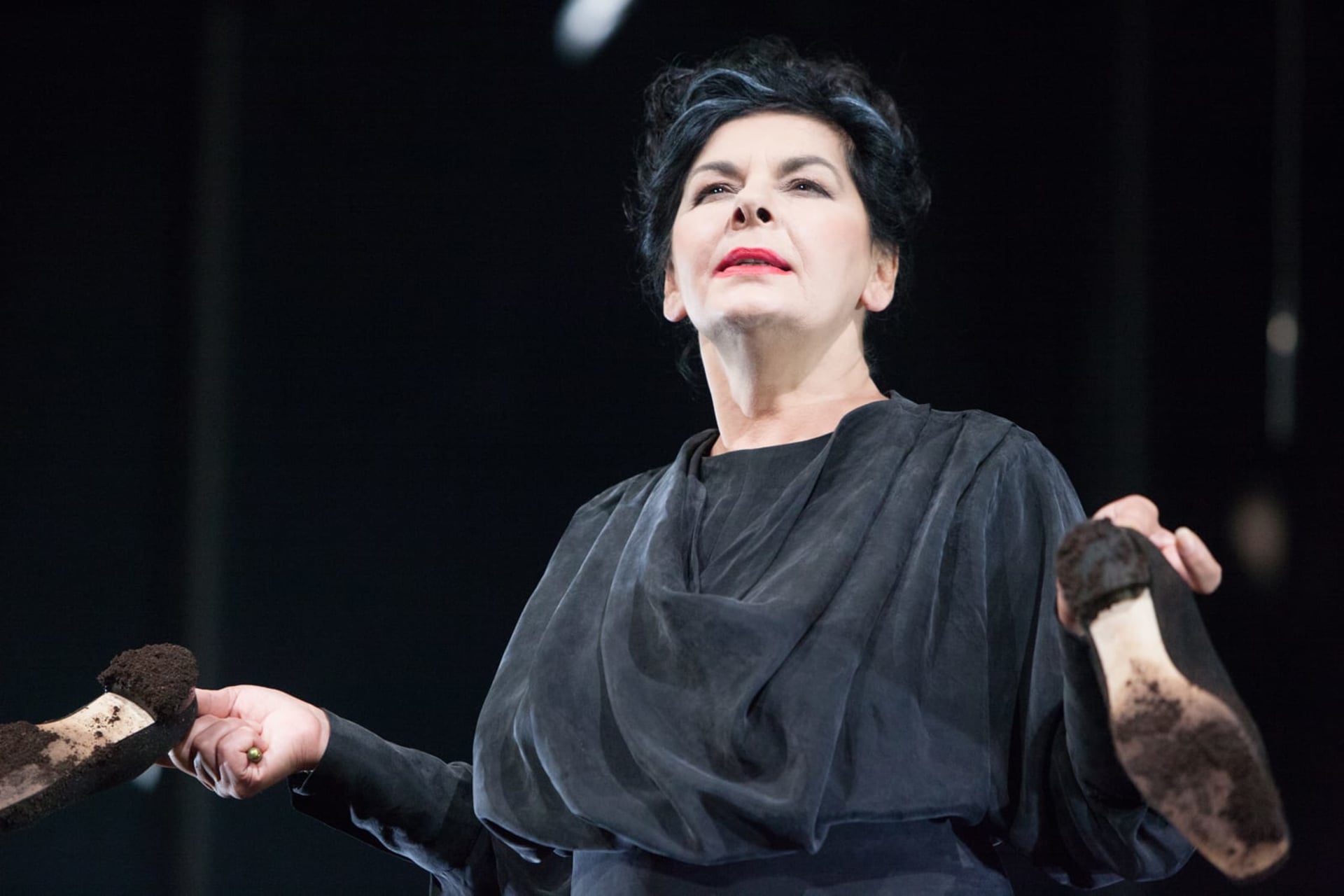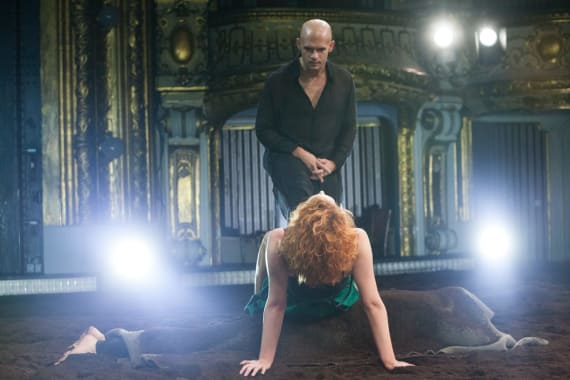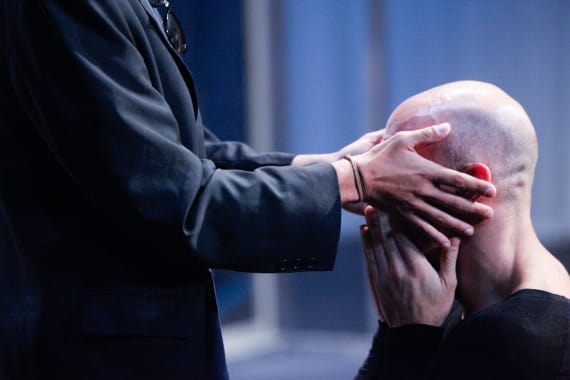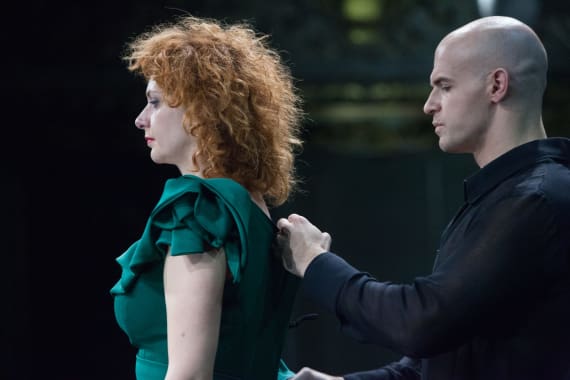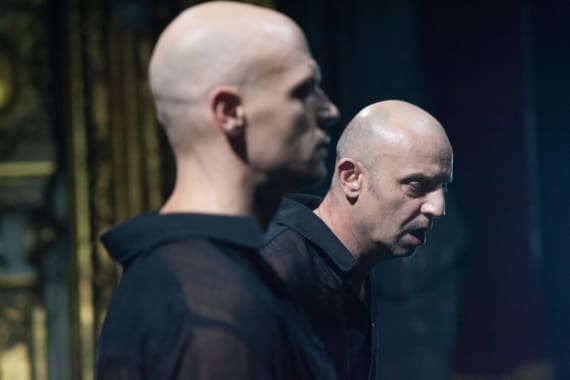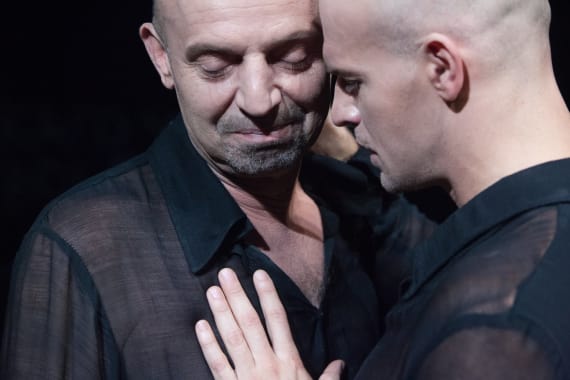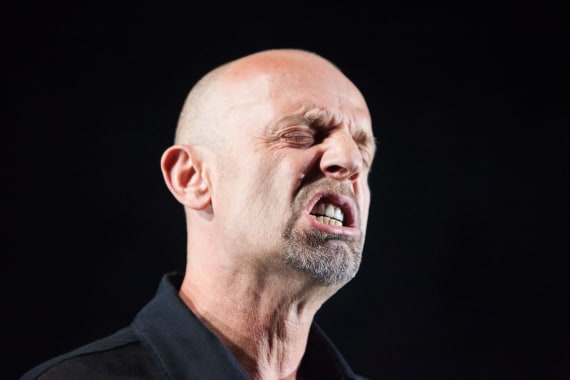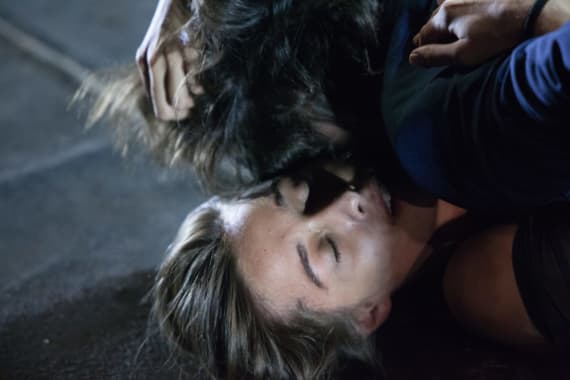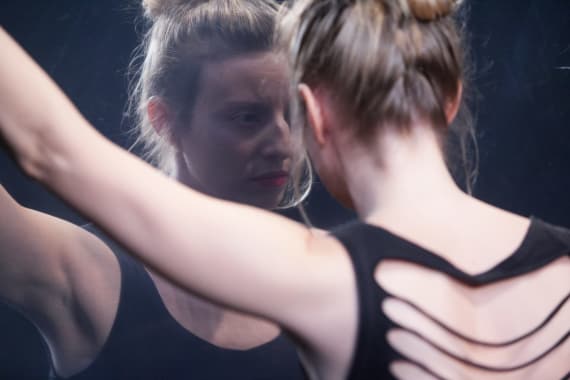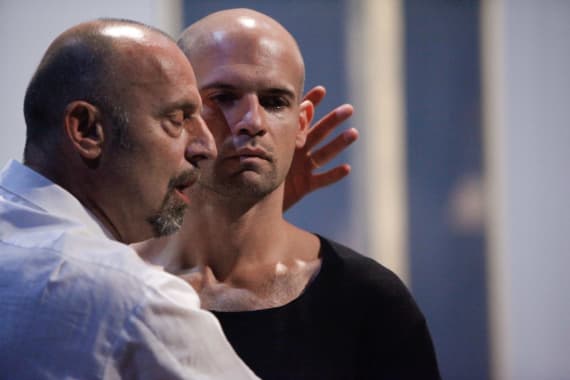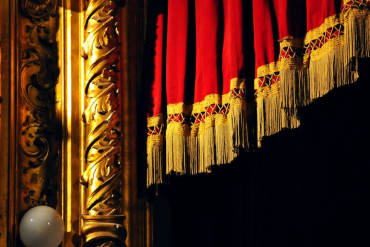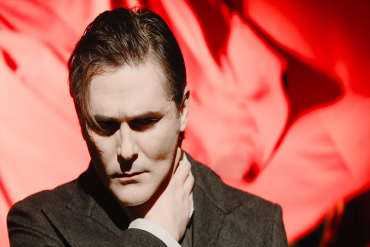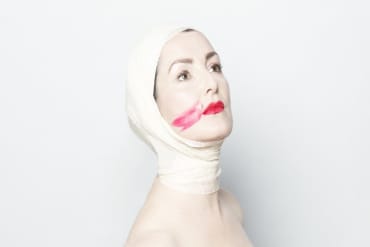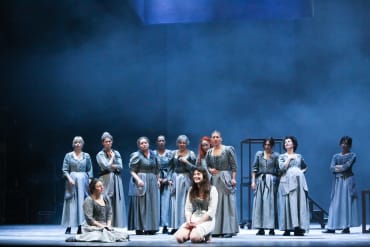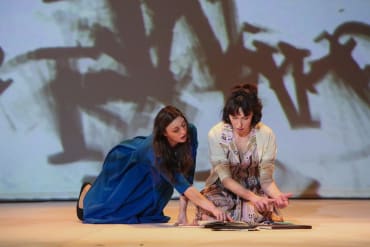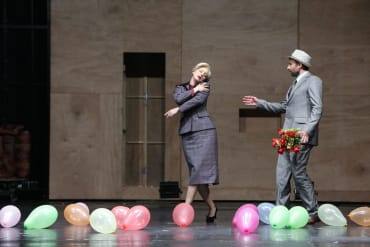Well-to-do merchant Orgon brings his new friend Tartuffe into his family, despite their opposition. The man has enchanted Orgon and his mother who think him modest, pious, moral, thoughtful, virtuous and, above all, devout. To the rest of the family, he is a crook, liar, flatterer and hypocrite. Conflicts and arguments within the family lead to comic situations, and the plot is further complicated by Orgon’s plan to marry his daughter to him. But, Tartuffe has his eye on Orgon’s wife, and by the time Orgon finally sees through Tartuffe’s dishonest intentions, it seems things have gone too far. However, with the King’s help, the family’s honour and fortune are saved at the last moment. Tartuffe is one of Molière’s most famous comedies that sparked controversy at its world premiere in 1664 and was twice banned.
Here is a comedy about which people have raised quite a stir, which has long been persecuted, and the people it mocks have made plain that they were more powerful in France than all those I have mocked heretofore. The marquises, the precious ladies, the cuckolds, and the doctors have suffered the portrayal in peace, and have even made a show of being amused, like everyone else, by the sketches we made of them. But the hypocrites could not take mockery; they were immediately affrighted, and found it strange that I should be so bold as to make sport of their grimacing and wish to criticize an occupation meddled in by so many honest folk. It is a crime they could not forgive… [It is] the mission of comedy to correct men’s vices… We can easily stand being reprehended, but we cannot stand being mocked. We are willing to be wicked, but we will not be ridiculous. I have been reproached for having placed terms of piety in the mouth of my impostor. Well! Could I help it in properly representing the character of a hypocrite?
So writes Molière in his foreword to Tartuffe where he passionately defends the right to art and to ridicule human flaws, without exception, particularly advocating comedy as a genre that does not merely serve as light entertainment. Today, when we are bombarded by lies on all sides, when crooks are so popular that the honest look like incompetent fools, it seems an apt moment to meet the hypocrite Tartuffe. The comedy was finally staged in 1669 with huge success and has not left the world’s stages since, constantly proving that Molière is one of the greatest comedy writers of all time.
EDUARD MILER, Slovenian director, completed his acting studies at the Theatre Academy in Stuttgart in 1977. After an acting career in German and Austrian theatres, he dedicated himself to directing, staging many dramatic works with great success in Austria, Germany, Montenegro, Serbia and Croatia. He was artistic director of the Mladinsko Theatre and Slovene National Theatre in Ljubljana, and has been artistic coordinator of the Slovene Theatre in Trieste since 2014.
Mislav Čavajda nadmoćan je u naslovnoj ulozi, staloženo provokativan, a istinski partner za igru mu je Goran Grgić, kojemu Orgon ulazi među najbolje uloge.— Večernji list
Goran Grgić snagom svojeg habitusa ne može nositi samo jednu, apolitičnu ili neznalačku crtu, pa se upravo taj glumac pretvara u protagonista predstave, a i inače golem Orgonov tekst promiče u vrhunsku snagu govorne, gestualne, mimičke i duhovite interpretacije te potiče glumačke partnere da rastu na pozornici u suigri s njim, najviše Mislava Čavajdu kao Tartuffea…— Vijenac
